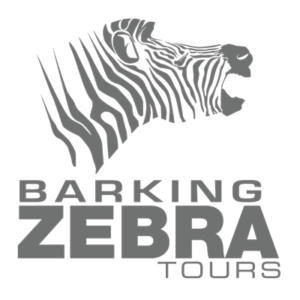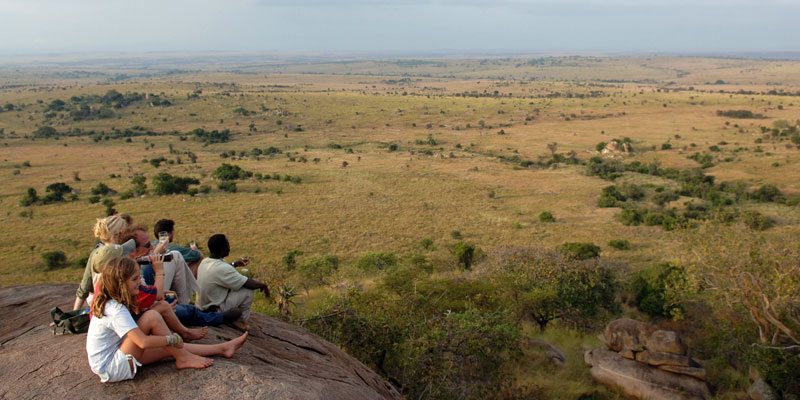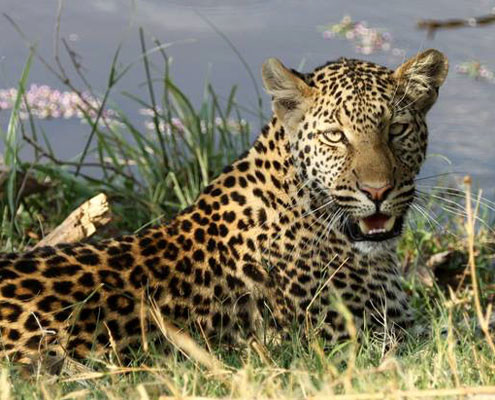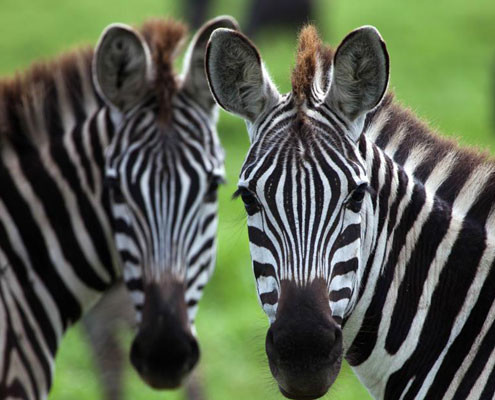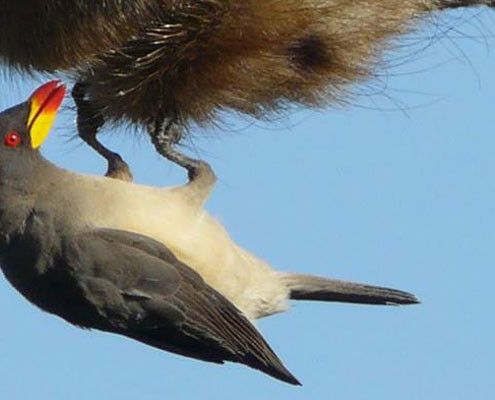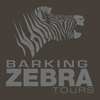Place yourself, for a moment, in a Tanzanian safari camp. Let’s say it’s located in the Serengeti. Let’s assume you are on your first African safari.
The sun has long been set. A gentle breeze stirs the grassy plains that surround you. A sky of stars provides a dreamlike peace. You take repose in the soft bed of your shelter. You drift to sleep. The night ensues. Your slumber continues.
Your rest, however, is soon interrupted. Although darkness still prevails, you are awakened by a sound. But, what sound? Was it the breeze? Your imagination? As you strain your ears, you can almost feel the sound around you. Nature is about to emerge from the silence of the night. And then….it returns.
Listen to the sound
The Sounds of the Zebra
The awakening sound above is the bark of a zebra. Barking Zebra Tours is often asked about this bark. Yes, zebras actually do bark. In fact, they make four very notable sounds.
We have already mentioned the first. It’s the bark. The bark is distinct. The bark can be loud. It is often analogized to a high-pitched bark of a small dog. Zebras use this bark in order to gain the attention of other zebras. They also use it as a type of acknowledgement when meeting.
The second sound is the bray. Zebras bray much like donkeys do. However, a zebra’s bray has a wider range of sound. It starts in a very low pitch (like a large cat growling) and ends very high (almost like a squealing pig). Zebra’s use their bray to call to potential mates. They also use this sound to express anger or impatience.
Listen to zebra bray:
The third sound is a nicker. A nicker is a soft blow of air through the nose and lips. Zebras use the nicker upon greeting. The sound is typically reserved for members of the same herd. Mothers also nicker to their young as they approach.
Listen to zebra nicker:
The final sound unique to zebras is the snort. This is basically a short, sharp burst of air that travels through a zebra’s nostrils. The snort is often quite loud. If a zebra snorts while calm, the sound indicates a friendly greeting. However, if a zebra snorts while the animal is visibly tense or aggressive, the snort serves as a warning to others. A snort can also signal curiosity, disinterest, or danger.
Listen to zebra snort:
A Feeling of Discovery
Our company incorporates a bark within its name not because we are trying to attract other zebras. We use the bark because, for us, it’s more than a sound. It symbolizes an awakening of the senses. It symbolizes a unique feeling of discovery that can only be truly understood on safari. It symbolizes a feeling that we want others to inspire.
Barking Zebra Tours is not just about customizing your perfect African adventure. We are about providing experiences. We are about providing unique moments that will remain in your memories forever.
